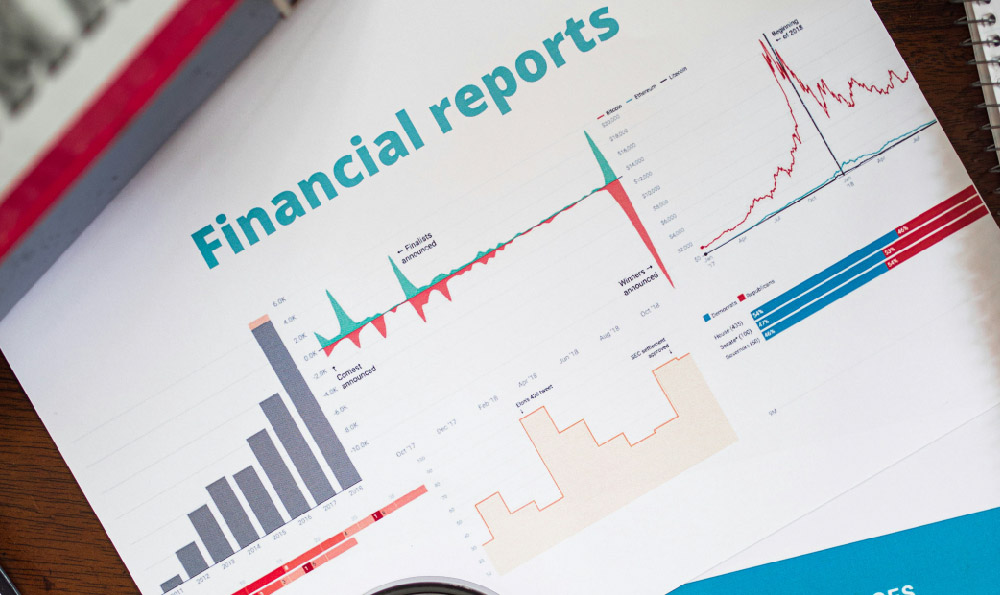Okay, I understand. Here's an article answering the question "How Much Do Pilots Earn? What is the Average Pilot Salary?" adhering to your specified requirements.
The Skies Aren't Just Blue: Understanding Pilot Compensation
The romantic image of a pilot, soaring through the clouds and touching down in exotic locales, often overshadows the practical reality of the profession. While the allure of travel and the responsibility of commanding a multi-million dollar aircraft are certainly appealing, the question of compensation inevitably arises: how much do pilots actually earn? The answer, like the complexity of flight itself, is nuanced and depends on a variety of factors.

Generalizing about pilot salaries is tricky because numerous variables influence earnings. Experience is, perhaps, the most significant driver. A freshly minted pilot with minimal flight hours will naturally command a lower salary than a seasoned captain with decades of experience and thousands of flight hours under their belt. Think of it as a career progression – from the early stages of building flight time and gaining valuable experience, to commanding larger aircraft on more complex routes, your earning potential steadily increases.
The type of airline is another critical factor. Major airlines, often referred to as legacy carriers, such as United, Delta, or American Airlines, typically offer the highest salaries and the most comprehensive benefits packages. These airlines operate extensive domestic and international routes and require pilots with significant experience and qualifications. Regional airlines, which operate smaller aircraft on shorter routes, tend to pay less, though they offer a valuable stepping stone for aspiring pilots to accumulate flight hours and gain experience. Low-cost carriers, such as Southwest or Spirit, often have different pay structures that may prioritize efficiency and cost-effectiveness, impacting pilot salaries in various ways. Cargo airlines, like FedEx and UPS, also offer competitive salaries, particularly for pilots flying long-haul routes.
The size and type of aircraft a pilot flies also plays a vital role. Commanding a Boeing 777 on a transpacific flight will undoubtedly command a higher salary than piloting a smaller regional jet. Larger aircraft require more advanced training, greater responsibility, and the management of larger crews, all of which contribute to increased compensation. Furthermore, the complexity of the aircraft's systems and the specific routes flown can further influence salary.
Beyond these core elements, factors like location, union membership, and specific contract agreements also impact earning potential. Pilots based in major metropolitan areas with higher costs of living may receive location-based adjustments to their salaries. Unionized airlines typically negotiate collective bargaining agreements that set minimum salary scales and benefits packages for their pilots, ensuring fair compensation and working conditions. The specific details of these contracts can vary widely, so it's crucial to understand the terms of employment before accepting a position.
So, what are some concrete numbers? While precise figures fluctuate, understanding typical salary ranges provides a useful benchmark. Entry-level pilots at regional airlines might start with salaries ranging from $40,000 to $70,000 per year. As they gain experience and upgrade to captain positions, their salaries can increase significantly, potentially reaching $100,000 or more. At major airlines, first officers (co-pilots) can earn anywhere from $80,000 to $200,000 per year, depending on experience and the type of aircraft. Captains at major airlines, particularly those flying wide-body aircraft on international routes, can command salaries exceeding $300,000, and even reaching upwards of $400,000 or more for the most senior captains at the most profitable airlines.
However, it's important to remember that salary isn't the only form of compensation. Pilots often receive a comprehensive benefits package that includes health insurance, retirement plans, paid time off, and travel benefits. These benefits can significantly enhance the overall value of the compensation package. Some airlines also offer signing bonuses to attract qualified pilots, particularly during periods of high demand. Furthermore, many airlines provide opportunities for pilots to earn additional income through overtime pay, per diem allowances for expenses incurred while traveling, and profit-sharing programs.
Becoming a pilot requires significant investment of time and money. Flight training is expensive, and pilots must accumulate a substantial number of flight hours to qualify for positions at major airlines. The cost of flight school can range from tens of thousands to over a hundred thousand dollars, depending on the type of training and the location of the flight school. Furthermore, pilots often need to obtain specific certifications and ratings, which can further add to the cost of training. However, the potential for high earnings and the rewarding nature of the profession make it an attractive career path for many.
In conclusion, determining the average pilot salary is not as simple as pulling a single number. A multitude of factors, including experience, airline type, aircraft type, location, and benefits packages, all play a significant role. While entry-level salaries may be modest, the potential for significant income growth exists as pilots gain experience and advance in their careers. The combination of competitive salaries, comprehensive benefits, and the unique challenges and rewards of the profession make being a pilot a compelling career choice for those with a passion for aviation. Before embarking on this journey, aspiring pilots should thoroughly research the costs of training, the various career paths available, and the potential earning potential in order to make an informed decision. The sky is indeed the limit, but a grounded understanding of the economics of the profession is essential for a successful and fulfilling career.












